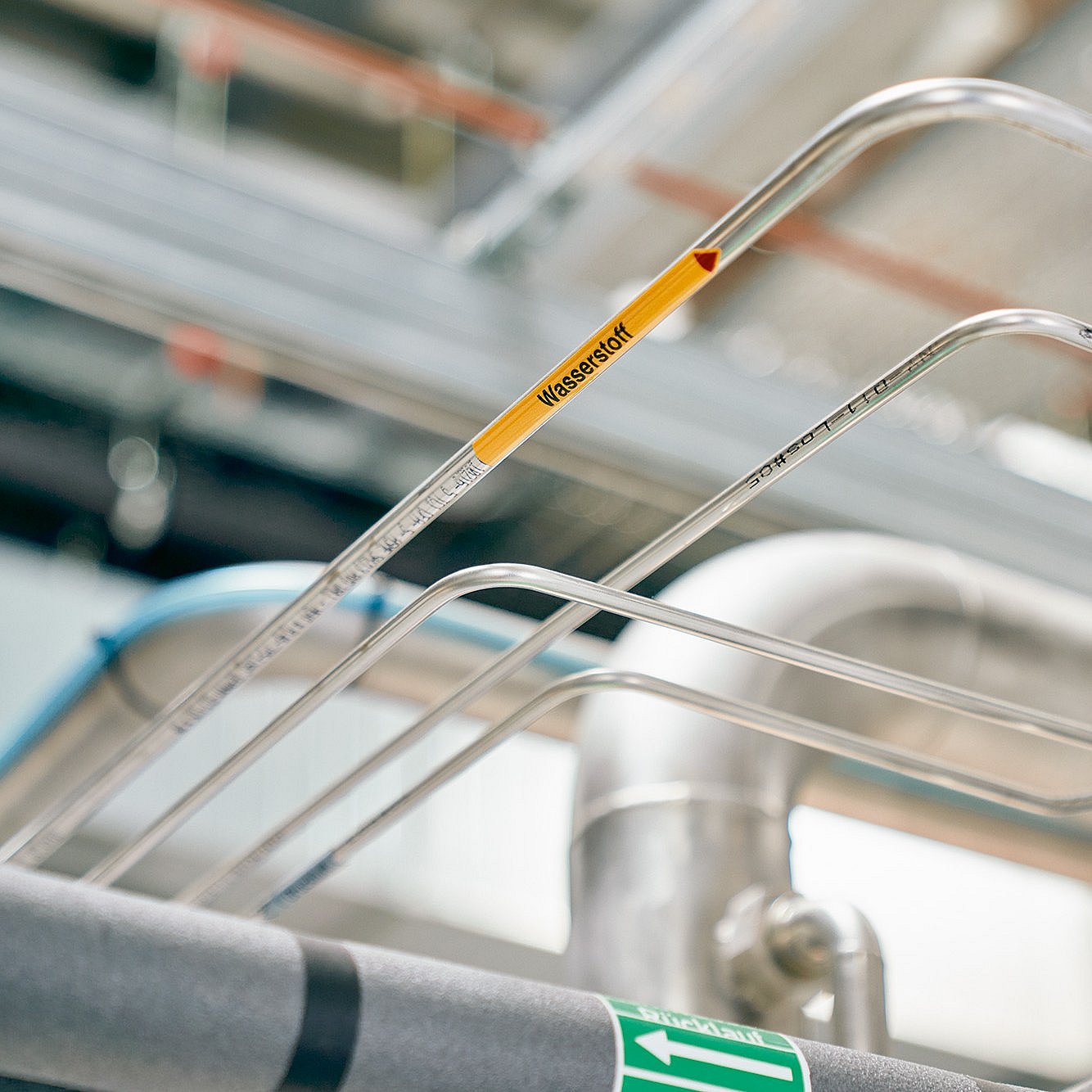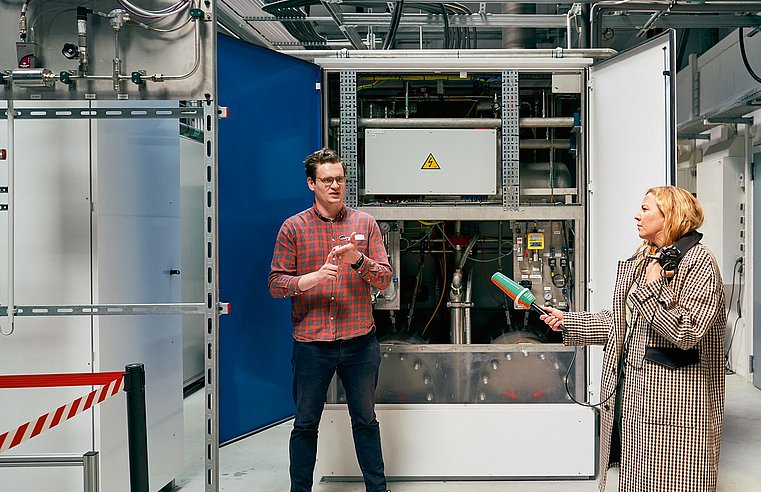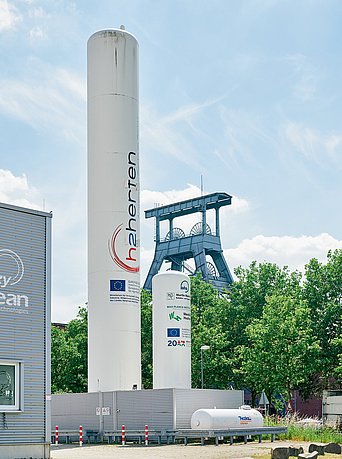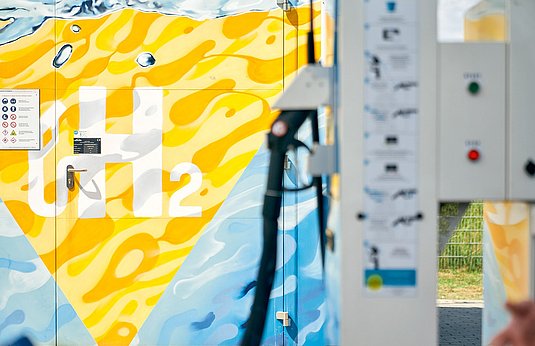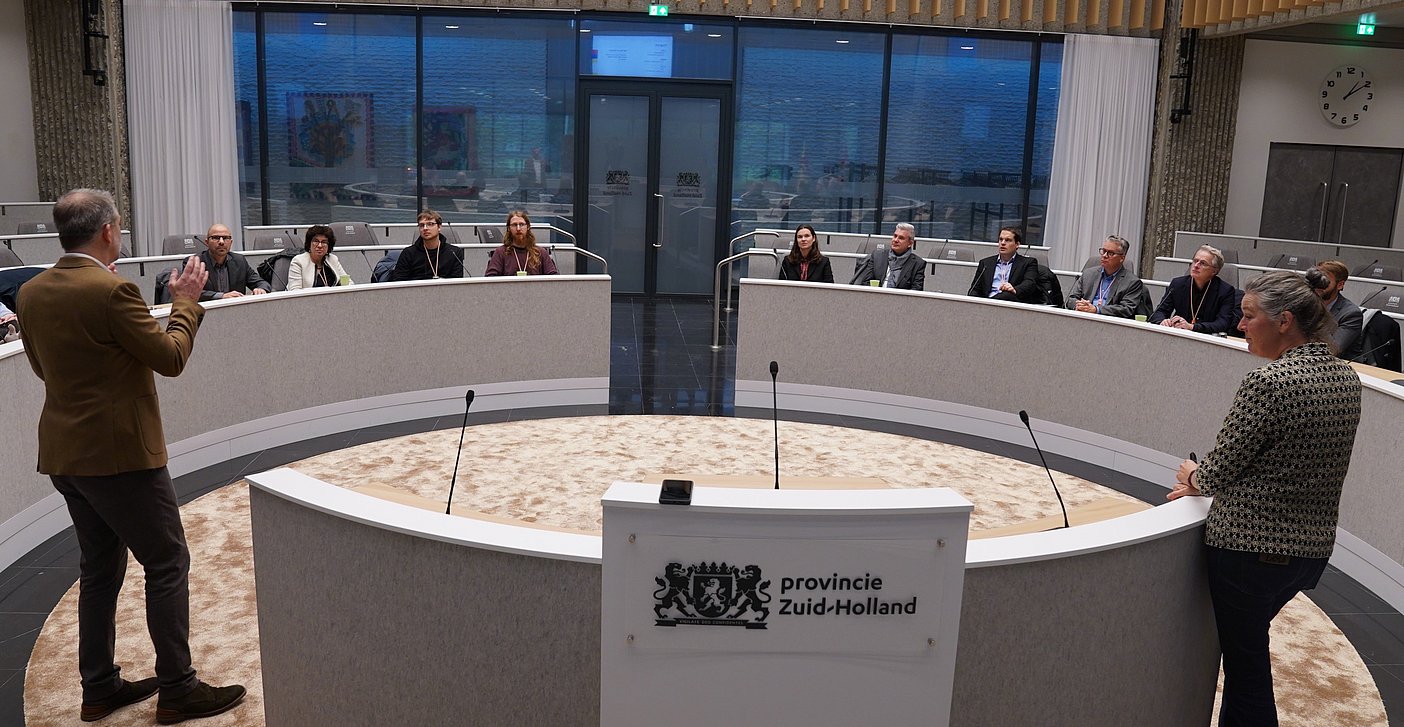A climate-neutral economy is hardly conceivable without hydrogen. No wonder that demand, which has more than tripled worldwide since 1975, continues to rise. As a leading industrial location, Germany's economic future is particularly dependent on the availability of sustainable energies - the Ruhr region offers the best conditions and experience for the necessary transformation.
In order to bring together and support the diverse players, networks and projects in the region, the Regionalverband Ruhr and Business Metropole Ruhr founded the Hydrogen Metropole Ruhr - HyMR for short - as a regional project office for the Ruhr region. Together, research institutions, companies and start-ups are to use the historically grown infrastructure as well as the enormous experience in transporting energy to drive the market ramp-up.


